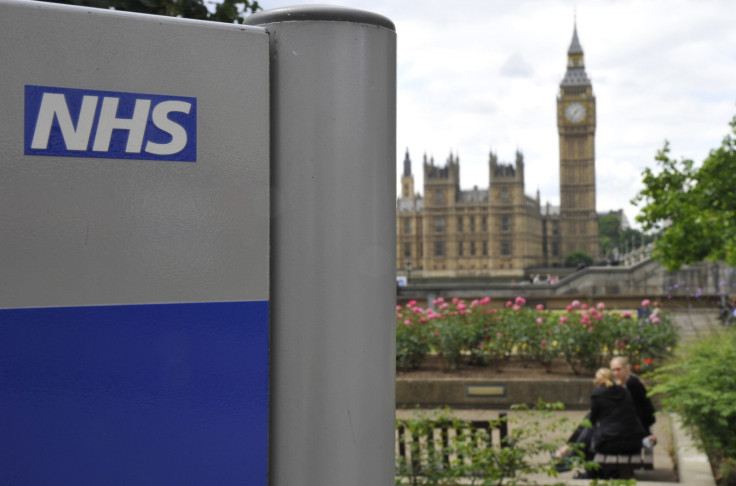NHS Strike: What is the Dispute All About and What Services Are Affected?

Non-emergency caesarean sections and ambulance services are facing delays as the result of the first strike by NHS staff in England over pay for 32 years.
The strike, taking place between 7am and 11am (BST), is a protest after a 1% pay rise was blocked by the Coalition Government.
It is hoped the strike will force Health Secretary Jeremy Hunt to increase the money available to staff, who claim their earning have been slashed by 15% in real terms under the Coalition.
The dispute involves more than 400,000 NHS staff, who have been hit by pay freezes or below-inflation rises since the Coalition Government came to power in 2010. Ministers say a universal pay rise is unfeasible, as it would result in the loss of 6,000 nursing jobs.
Unions are protesting the government's decision not to accept an independent pay reviews body's recommendation to award a one percent rise to all staff, but to award only those on top of their pay band. Workers say this has denied the pay rise to 60% of NHS workers.
In Scotland, a pay rise was given to everyone, while no decision has been made in Northern Ireland. In Wales, ministers offered the same to staff as was on offer in England – although extra was set aside for the lowest paid.
What services will be affected?
All unions involved say members will be providing "life and limb cover", meaning urgent and emergency services will not be disrupted.
Ambulance services are likely to be affected most, and about 130 military personnel will drive ambulances in London and the north-west to replace striking drivers.
In London an expected shortage of crews has led the capital's ambulance service to warn patients with broken limbs, those involved in minor road accidents, or women in labour to make their own way to hospital.
Jason Killens, the London Ambulance Service's director of operations, said it expected to be "under significant pressure" on Monday.
"We have plans in place to ensure we reach the most seriously ill and injured patients as quickly as possible," he told the Guardian. "These include all clinical managers working on the front line, the use of more private ambulance crews and support from other emergency services."
"However, people who need an ambulance response, but are not in a life-threatening situation, should expect to wait longer or may not get an ambulance at all," he added.
The unions taking part in the strike have over 400,000 members in the NHS in England, out of 1.3 million staff.
Doctors and dentists are not involved. Community clinics and walk-in centres could also be disrupted but GP practices are expected to run as normal.
Two-thirds of midwives are expected to work, but the union says its members will be wearing badges to express their support of the walkout.
The Royal College of Midwives will be participating in its first strike action since it was founded in 1881. Around two-third of midwives are expected to work, but the union says its members will all wear badges to support the strike.
Jane Cummings, NHS England's chief nursing officer, said plans were in place to cope with the strike.
Urging staff to "think carefully" before going on strike, she said: "They work very hard and put the safety of patients first. So I would say to staff, I know that you are professional. I know that you will think very carefully about any action you take tomorrow."
What will happen afterwards?
The strike will be followed by four days of working "to rule" – meaning staff will not be doing paid overtime and will be taking breaks.
A strike by radiographers will take place on 20 October, because they did not have time to give the formal notice needed to join the other unions on Monday. This could affect X-ray and ultrasound services.
© Copyright IBTimes 2024. All rights reserved.






